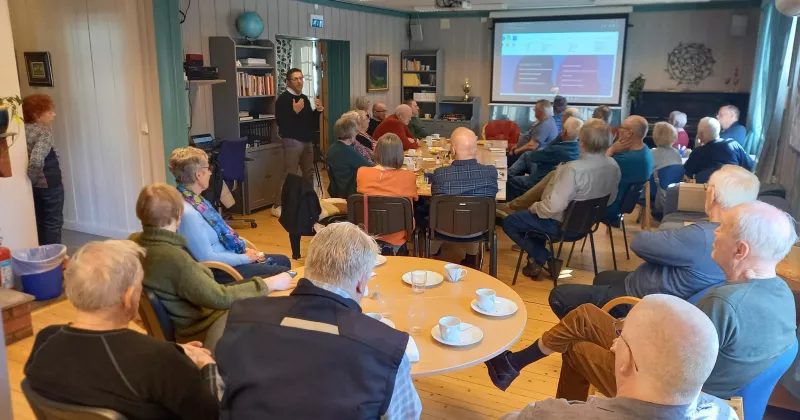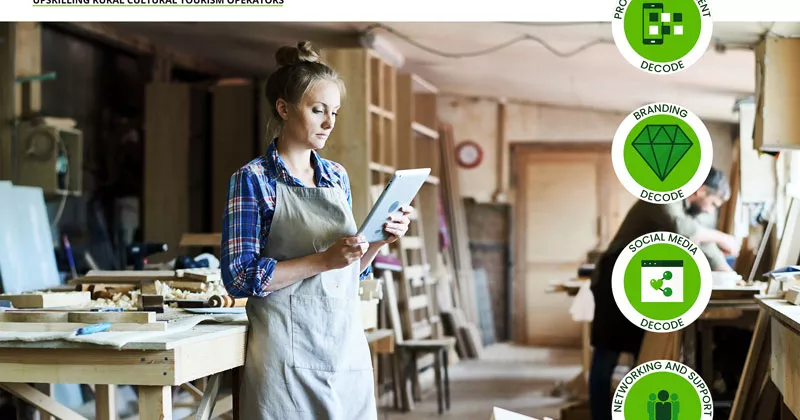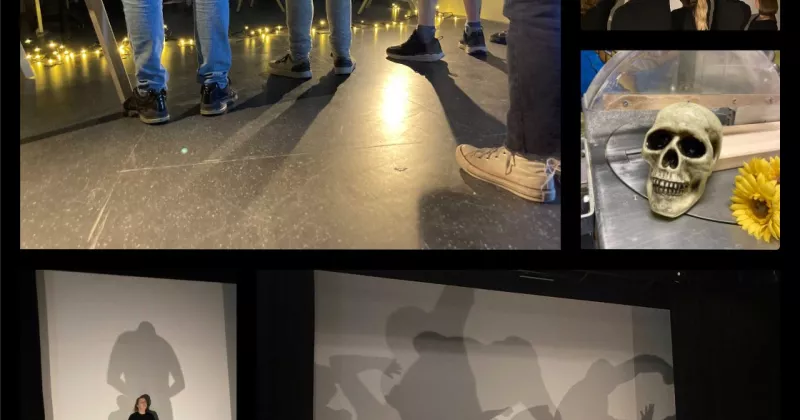The benefits of recognising refugee qualifications

The current refugee crisis poses significant challenges to any host country and region not only to Europe. These challenges include finding the economic resources to ensure refugees’ living conditions, as well as the social and cultural difficulties of the integration process. However, simple recognition of refugee qualifications and helping refugees to access and participate in education and the labour market significantly reduce the costs of hosting and integrating refugees, and enhance their integration into the host country.
Economic benefits
The countries hosting refugees incur substantial economic and social costs. Economic costs include housing, education, and cost of living for refugees. Recognising refugee qualifications significantly cuts the host countries’ costs by facilitating entry to further education and access to the labour market, and by engaging refugees in positive and constructive economic activities, such as community engagement.
Refugees who have successfully integrated into their host countries, can also provide peer support to their fellow refugees. Their personal experience and empathy for their fellow refugees should provide informed and in-depth support necessary to ensure a smoother integration process. Early entry into the labour market helps refugees become self-sufficient and gives them the time, energy and resources to actively engage with their host community. This creates a win-win situation where host countries can reduce cost, increase their impact on refugee integration, and facilitate refugees’ independence and their ability to provide the much needed peer support to their fellow refugees.
Social benefits
The social benefits of recognising refugee qualifications are intangible but can be seen to impact social order and acceptance by, and of, their host country and its respective community. Engagement with the community is essential for refugee integration into their host countries. Prolonged unemployment and barriers to entry in the host country’s labour market actually have grave consequences including dependency on public and private dole outs, crime, and resistance to integration.
Human rights
Recalling article 23 of the Universal Declaration of Human Rights, everyone, including refugees, has the right to work and has the right to equal pay for equal work without discrimination. Furthermore, article 26 states that everyone has the right to education; that technical and professional education be made generally available and that higher education shall be equally accessible to all on the basis of merit. Refugee’s inability to document their qualifications, especially given their circumstances, should not be a hindrance to their rights as human beings.
Host countries should exercise prudence and empathy when dealing with refugees, and ensure the protection of their basic human rights. Ensuring the recognition of refugee’s qualifications facilitates access to education and their right to work, equal pay for equal work and their right to be treated like a human being.
Call for action
The new generation of UNESCO Recognition Conventions has incorporated the recognition of refugee qualifications, while ongoing discussions and projects have focused on competency-based education, recognition of prior learning and lifelong learning. How and why do we talk about recognition of prior learning when we still do not recognise refugee qualifications? Do we need to ask refugees to take redundant education just to fulfil entry criteria to higher education and the labour market? How do we uphold the Universal Declaration of Human Rights without recognition of qualification for refugees?
The global community, especially host countries, need to fast-tract initiatives, related to recognition of prior learning and lifelong learning, to ensure that what has been learnt is recognised and put into productive use within their respective communities. Furthermore, refugee qualifications need to be recognised at face value and/or assessed for recognition as soon as possible unless there is a reason to be cautious. Global community building is a communal effort where refugees, countries and their citizens work collaboratively towards building a sustainable, productive and peaceful world.
Dr. Roger Y. Chao Jr. is senior consultant for UNESCO – International Centre for Higher Education Innovation. He has also been engaged by UNESCO for various consultancy projects/assessments related to higher education and recognition of higher education qualifications. His research interests include regionalisation and internationalisation of higher education, comparative and international education, recognition of prior learning and lifelong learning.





